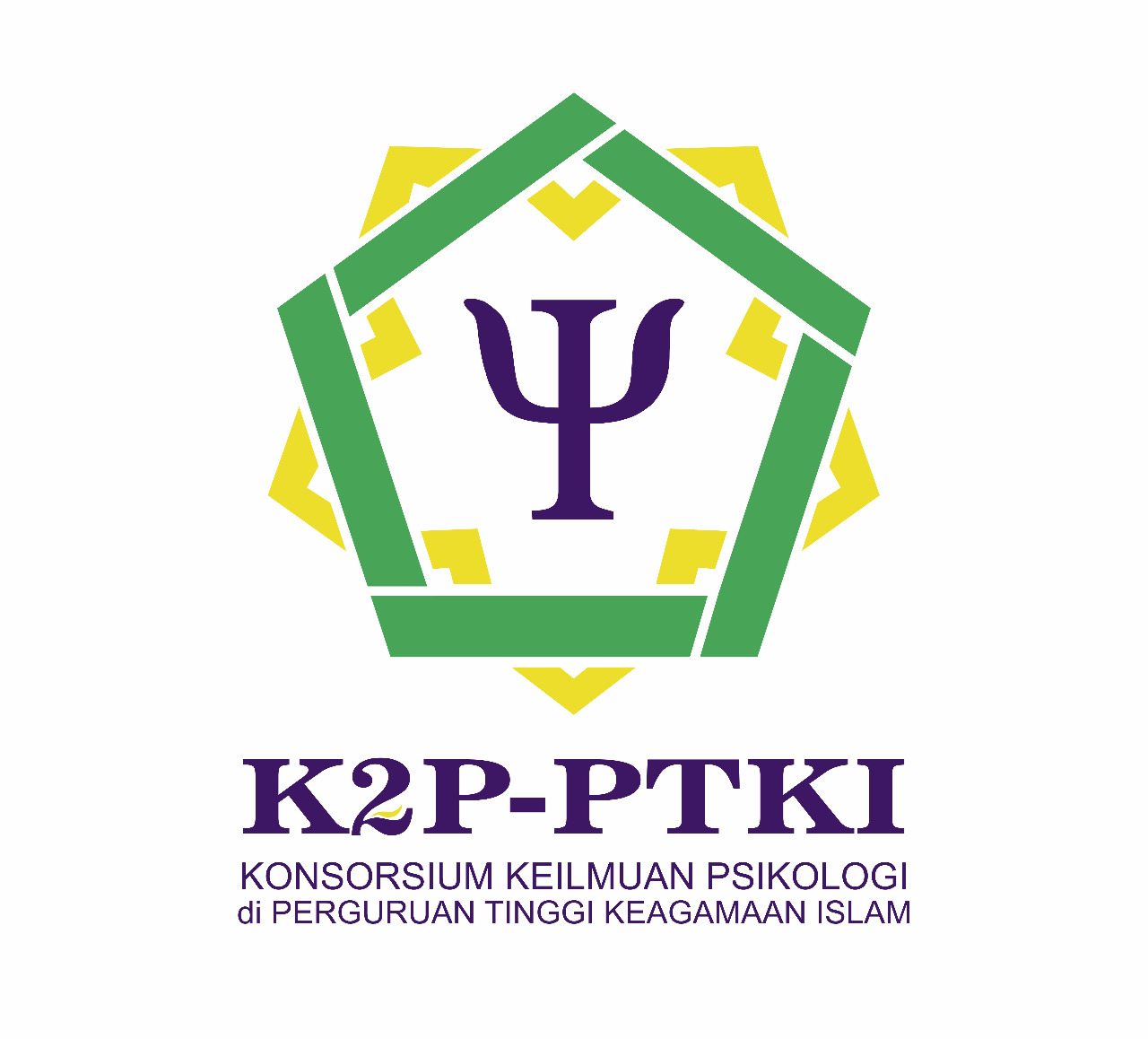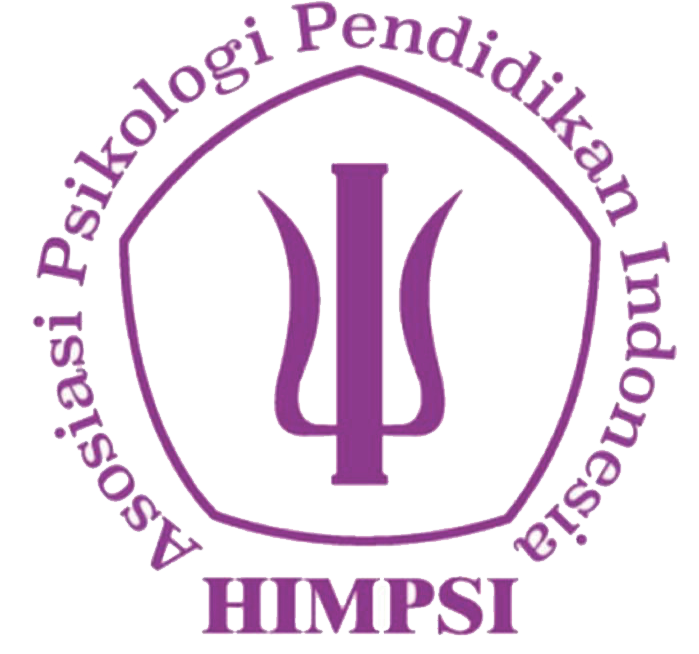Psikoislamika: Jurnal Psikologi dan Psikologi Islam is a peer-reviewed and open-access journal that publishes empirical quantitative and qualitative research in psychology, as well as systematic literature reviews and conceptual studies that contribute to the advancement of psychology from Islamic and interdisciplinary perspectives.
This journal is indexed in Dimensions, Google Scholar, Sinta, Copernicus, and Portal Garuda. Psikoislamika: Jurnal Psikologi dan Psikologi Islam is available in both print (ISSN 1829-5703) and electronic versions (ISSN 2655-5034).
Published twice a year, in June and December, Psikoislamika accepts cutting-edge research articles that have the potential to make a significant contribution to the exploration and development of psychology and Islamic psychology. Submitted articles should present a well-structured study design, appropriate data analysis, and clear interpretation.
Psikoislamika was first published in November 2004 by the Faculty of Psychology, UIN Maulana Malik Ibrahim Malang. In 2019, the journal was accredited as Sinta 5 by the National Journal Accreditation (ARJUNA) under the Ministry of Research and Technology / National Research and Innovation Agency of the Republic of Indonesia. In 2025, Psikoislamika has successfully improved its accreditation status to Sinta 3.
Beginning in 2020, the OJS (Online Journal System) interface was presented in English. As of 2024, all submitted manuscripts must be in English.
In 2020, Psikoislamika underwent two template revisions, affecting Volume 17, Issue 1, and Volume 17, Issue 2. Starting from Volume 17, Issue 2, the copyright policy was revised, transferring copyright ownership from the journal to the authors.
Since 2021, Psikoislamika: Jurnal Psikologi dan Psikologi Islam has collaborated with Asosiasi Psikologi Pendidikan Indonesia (APPI) and Konsorsium Keilmuan Psikologi Perguruan Tinggi Keagamaan Islam (K2P-PTKI). In 2025, Psikoislamika has established a collaboration with the American Psychological Association (APA) to enhance the quality of editorial board members, peer reviewers, and authors.
With these strategic developments, we are committed to achieving international recognition and further improving our reaccreditation status. We extend our gratitude to all contributors for their continued support in making Psikoislamika a leading academic journal.
We invite researchers to submit their best articles and gain valuable insights from this journal.


.jpg)


.jpg)








